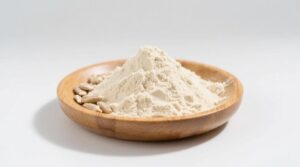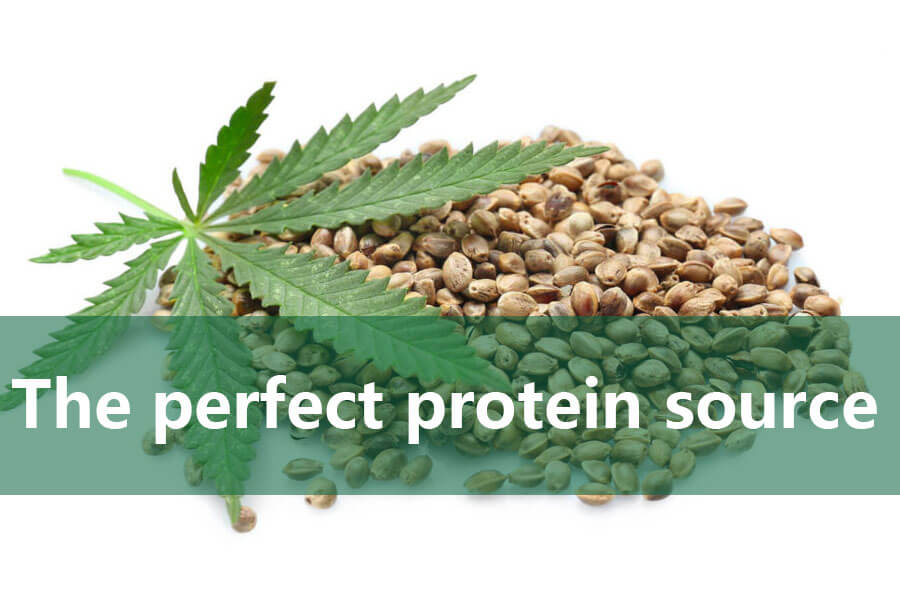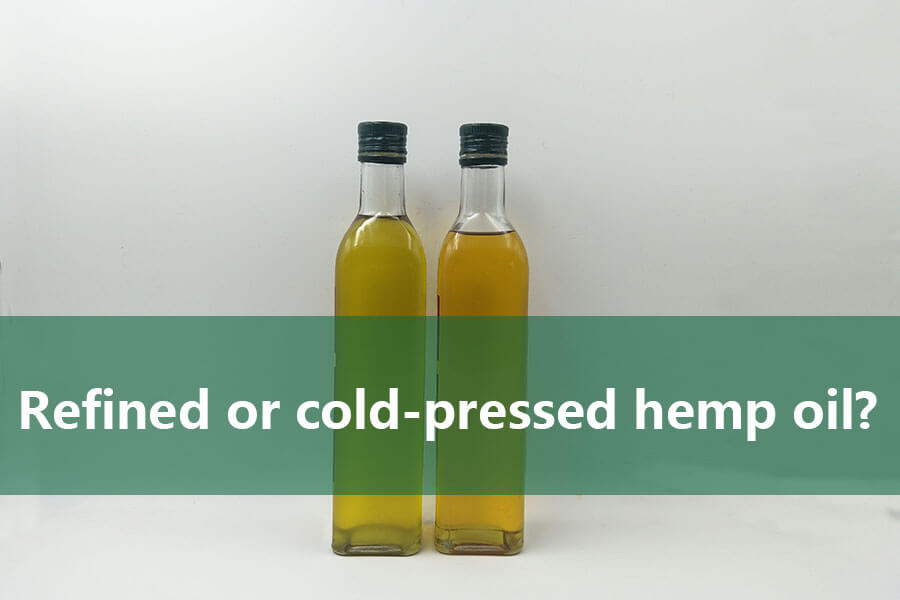With the plant-based protein market growing rapidly, two popular options are leading the trend: organic sunflower seed protein powder — also known as organic sunflower protein powder, sunflower protein isolate, or sunflower protein concentrate — and pea protein powder.
Both are excellent vegan protein sources, but they have unique nutritional profiles, functional benefits, and applications. If you’re choosing between them, here’s an in-depth comparison to help you decide.
1. Nutritional Profile
| Aspect | Organic Sunflower Protein Powder | Pea Protein Powder |
|---|---|---|
| Protein Content | 50%–80% depending on isolate or concentrate | 70%–85% on average |
| Amino Acid Profile | Rich in BCAAs, high in methionine | High in lysine, slightly lower in methionine |
| Fats & Carbs | Naturally low in fat and carbohydrates | Slightly higher in carbs, minimal fat |
| Micronutrients | High in vitamin E, selenium, and magnesium | Contains iron, zinc, and some B vitamins |
? Insight: While pea protein offers slightly higher lysine levels, organic sunflower seed protein isolate delivers a more balanced amino acid profile, making it ideal for muscle recovery and growth.
2. Taste and Texture
- Organic sunflower seed protein powder: Mild, nutty flavor and smooth texture that blends well in smoothies, baked goods, and functional beverages.
- Pea protein: Earthier taste, sometimes requiring masking agents in formulations.
For food manufacturers, sunflower protein concentrate provides a neutral flavor advantage, making it suitable for clean-label products without artificial sweeteners or flavors.
3. Digestibility and Allergen Profile
- Sunflower protein: Naturally free from soy, dairy, gluten, and common allergens. Highly digestible and suitable for sensitive consumers.
- Pea protein: Generally well-tolerated, but some individuals experience digestive discomfort due to oligosaccharides.
Verdict: If you’re targeting allergen-sensitive markets, organic sunflower protein powder is the superior choice.
4. Sustainability and Consumer Trends
| Factor | Sunflower Protein | Pea Protein |
|---|---|---|
| Environmental Impact | Low pesticide use, efficient water consumption, eco-friendly cultivation | Relatively sustainable, but higher water demand |
| Clean Label | 100% organic, non-GMO, allergen-free | Often available as non-GMO, but less clean-label focus |
| Consumer Demand | Rapidly growing due to allergen-free positioning | Well-established but facing taste and formulation challenges |
5. Application Versatility
Organic sunflower protein powder works seamlessly in:
- Protein shakes & smoothies
- Sports nutrition products
- High-protein snacks and energy bars
- Bakery formulations and plant-based beverages
Pea protein is popular in meat analogues and dairy alternatives but often requires additional flavor-masking and texturizers.
Conclusion: Which Is Better?
Both organic sunflower seed protein powder and pea protein powder are excellent plant-based options, but if your priorities are:
- Allergen-free formulations
- Neutral taste and smooth texture
- Clean-label appeal
- Sustainable sourcing
Then organic sunflower protein powder — whether as sunflower protein isolate or sunflower protein concentrate — is the better choice for both consumers and manufacturers.
Why Choose HEMPLAND?
At HEMPLAND, we specialize in high-quality organic sunflower seed protein powder that’s:
- Certified organic and non-GMO
- Available in multiple specifications — protein content from 50% up to 80%
- Ideal for food, beverage, and nutritional supplement applications
- Bulk and wholesale supply with global shipping
Recommended Product
Organic Sunflower Seed Protein Powder
Organic sunflower seed protein powder offers ≥80% high-quality plant protein with excellent digestibility and hypoallergenic…



